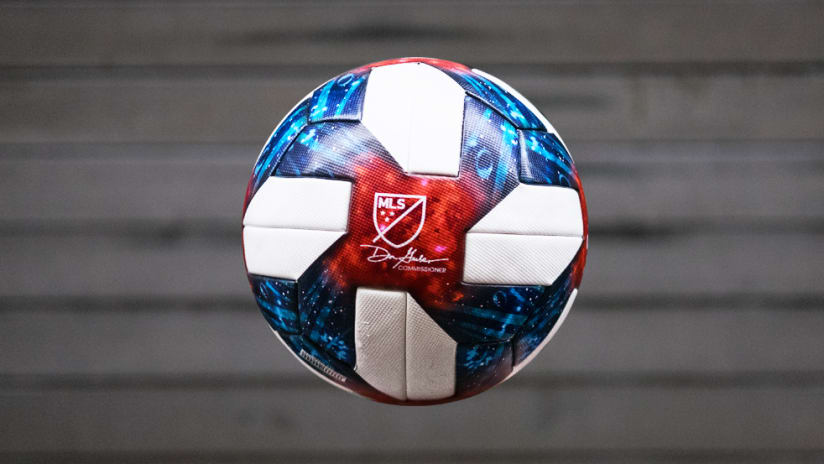It’s an unprecedented expansion story in professional sports history: With the announcement that MLS is expanding to 30 teams and seeking to announce clubs No. 28 and No. 29 by the 2019 All-Star Game, the league will soon have added a staggering 18 teams in just over 10 years.
In a press briefing following the MLS Board of Governors meeting in Los Angeles, MLS Commissioner Don Garber pointed to expansion as “a key driver of that growth.”
And the expansion may not be done.
“I don’t know that we have a firm handle yet on what the final number of teams in the league will be in the future,” Garber said when asked what the ceiling for the league might be. “We have a lot of work to do to determine what the future state of Major League Soccer is in 10 years and in 20 years. We continue to believe that there are many many cities across the country that can support an MLS team.
“Of late, we have been in very positive discussions in Las Vegas and in Charlotte. We still believe Phoenix is a good market. We’ve been in discussions in Detroit. I’m regularly speaking to Mayor [Mike] Duggan in Detroit. I think that’s a great soccer market. So what we really need to determine is what it all means for our league 10 years from now or 20 years from now.”
Expansion impact
While the addition of more teams could lead to a new look for the league's future format and competition structure — the Commissioner mentioned regionalized competition as a potential future option to mitigate travel — what’s certain is that the steady rate of expansion has not been detrimental to the on-field product. In fact, the Commissioner points out that the effect has been the reverse.
“The quality of play continues to grow as we add more and more teams,” Garber said, pointing to the Targeted Allocation Money initiative as allowing teams, including new ones, to continue to enhance their rosters. “So there has been no impact on the quality of play through expansion … We’re in a global market and I don’t think there’s any diluted impact on quality of play with expansion.”
Ultimately, the Commissioner argues that MLS expansion will only help boost the future player pool with the academies and reserve teams that will work to develop players in so many new markets — “player development has been a big driver of why we continue to think we need to expand,” he said.
The first step will be naming the three new teams that will bring the league to 30 clubs. While two are expected to be named by the summer, the league will not be rushing to announce the 30th.
“We’re going to take our time with team 30,” Garber said. “We have many cities that are interested in that 30th team. We don’t want to be unbalanced [odd number of teams in the league], but at the same time I think we do need to take a bit of a deep breath and onboard the teams that are going to be coming in over the next number of years.”













